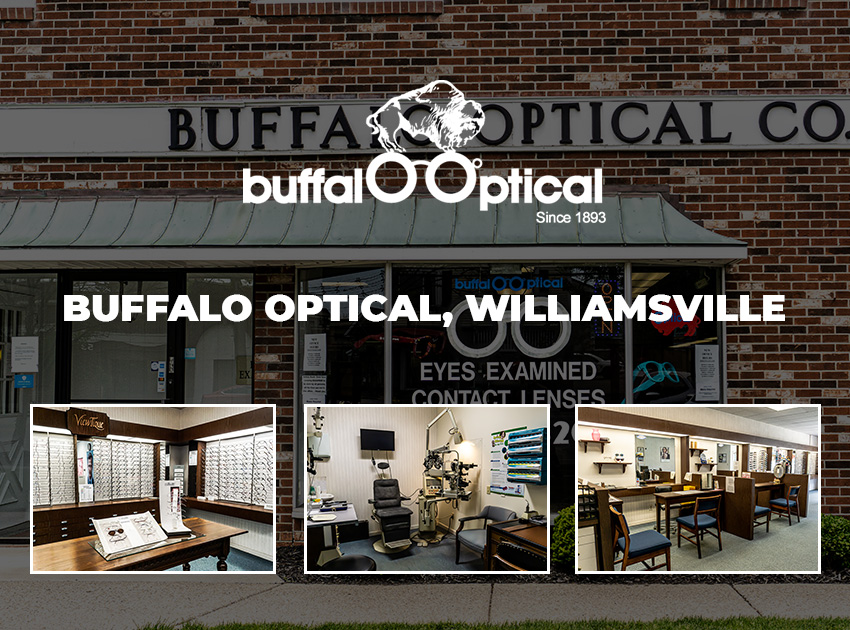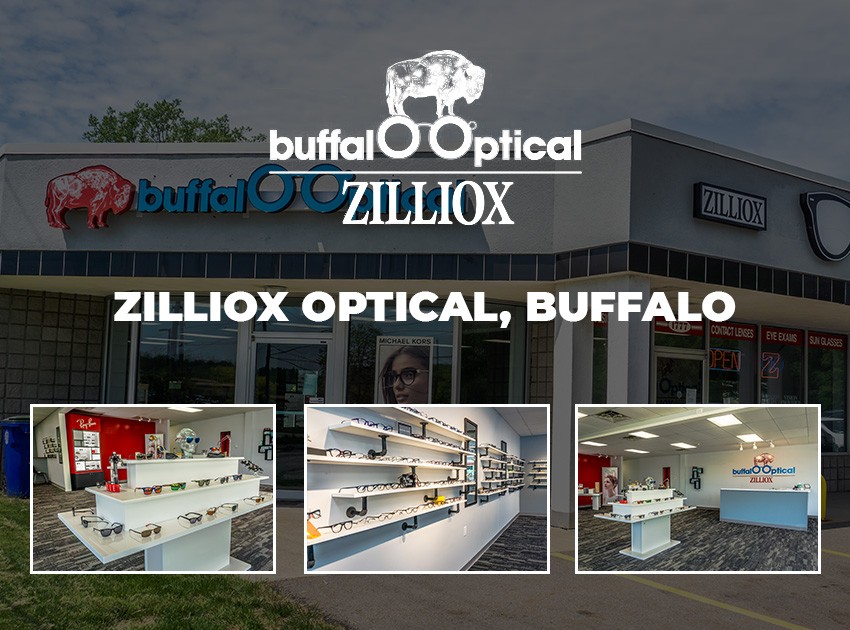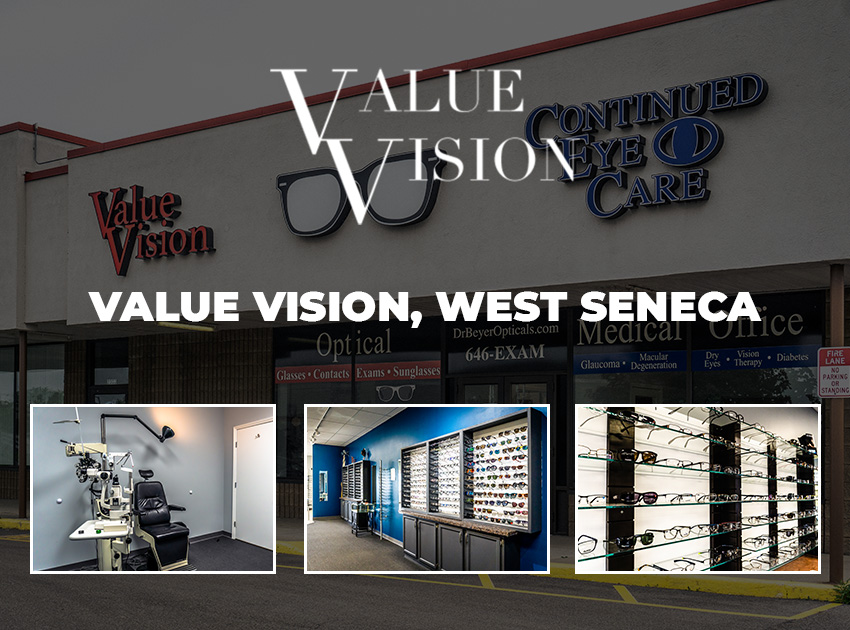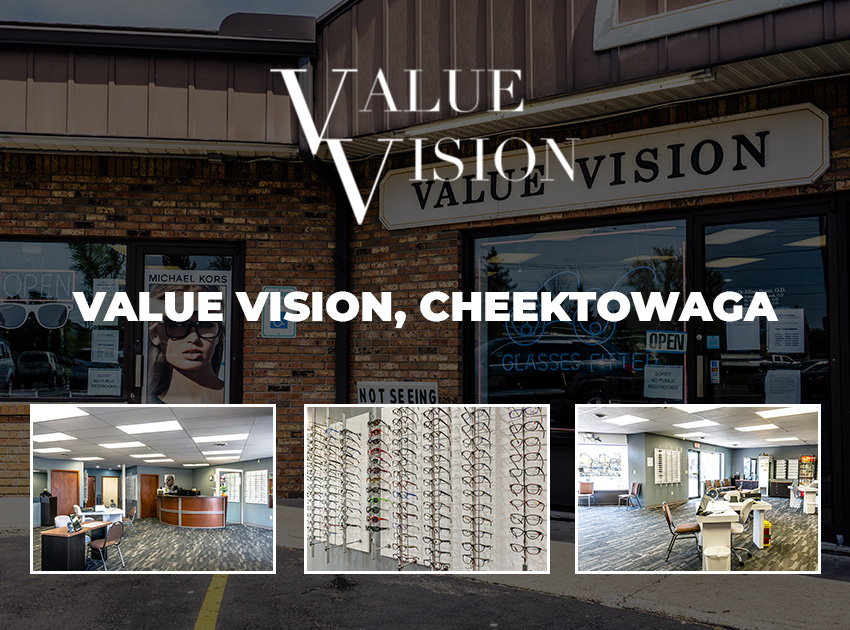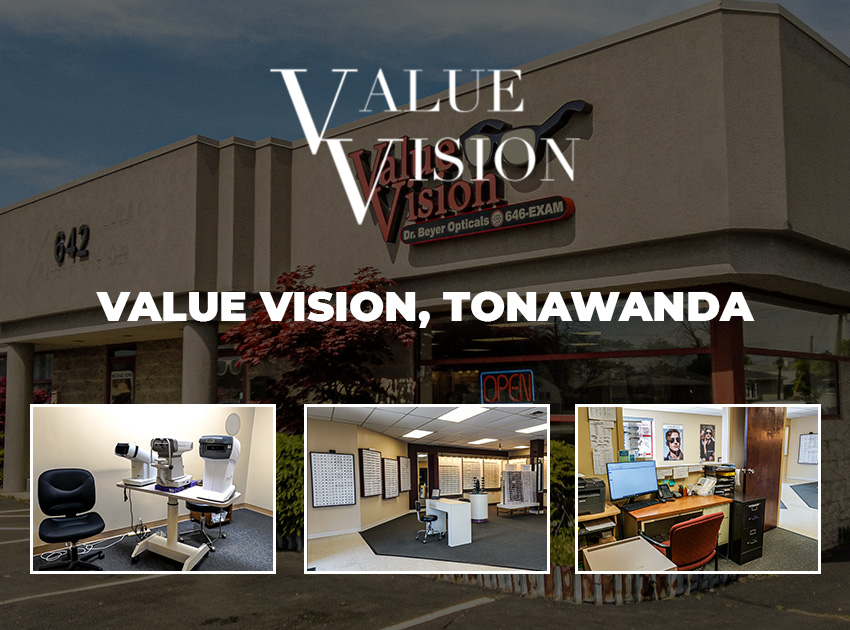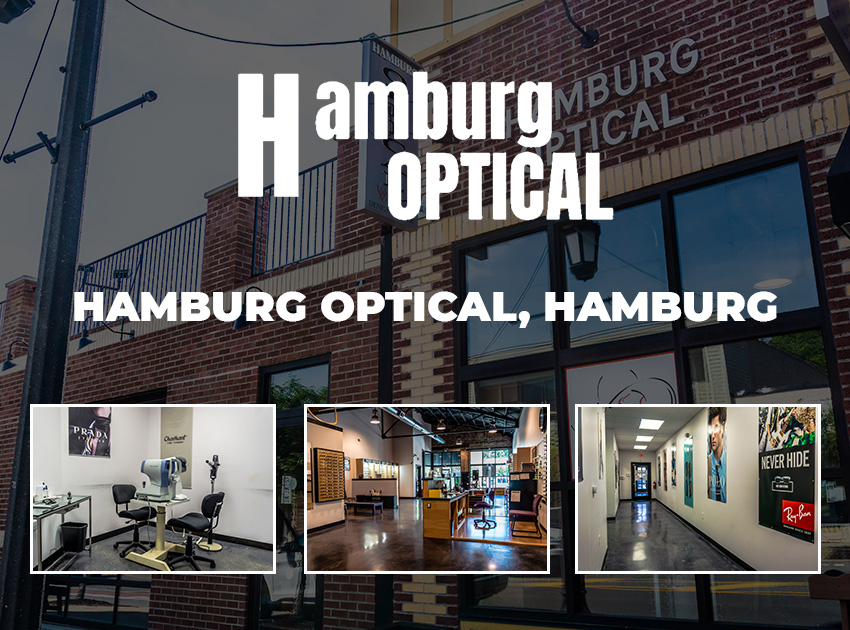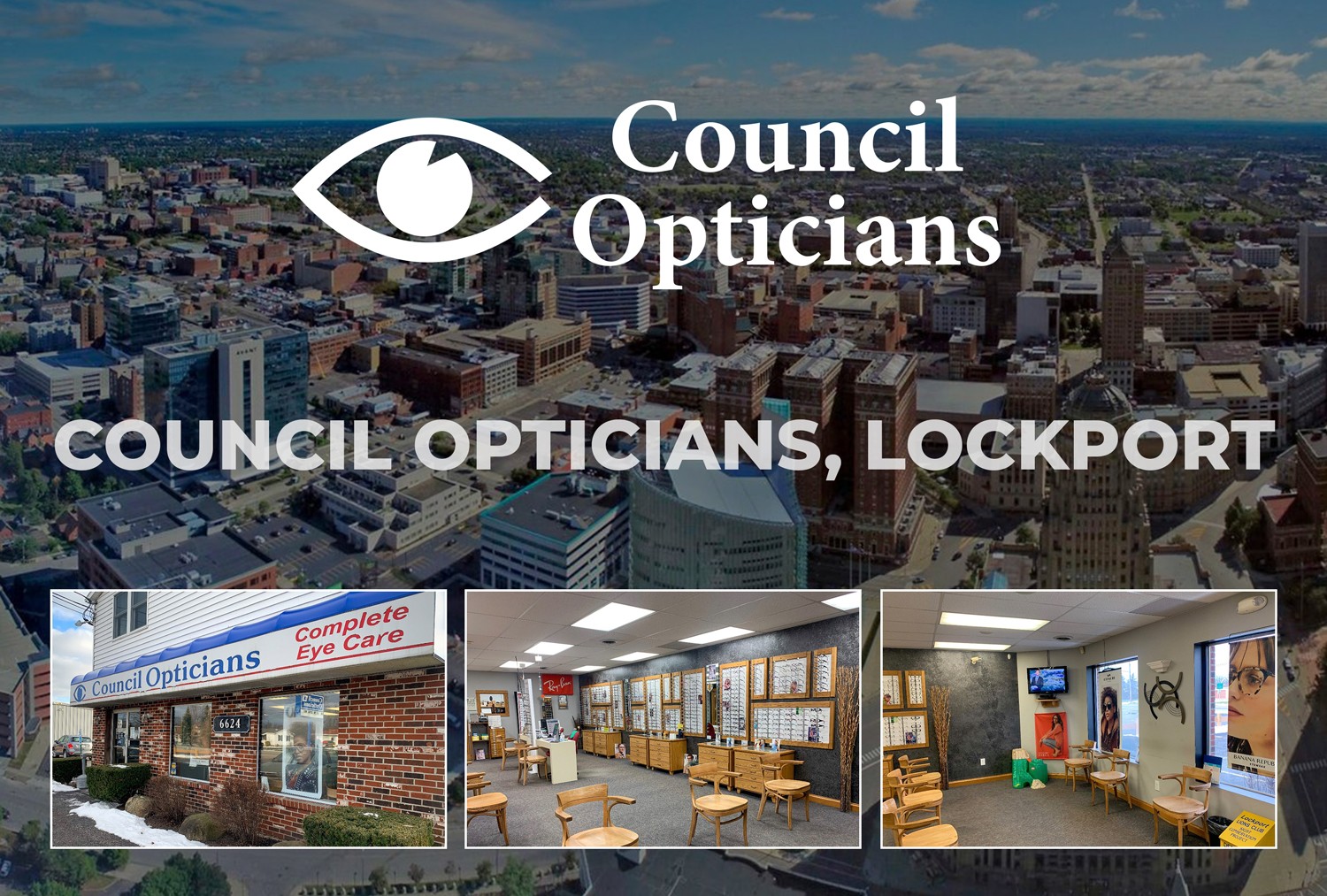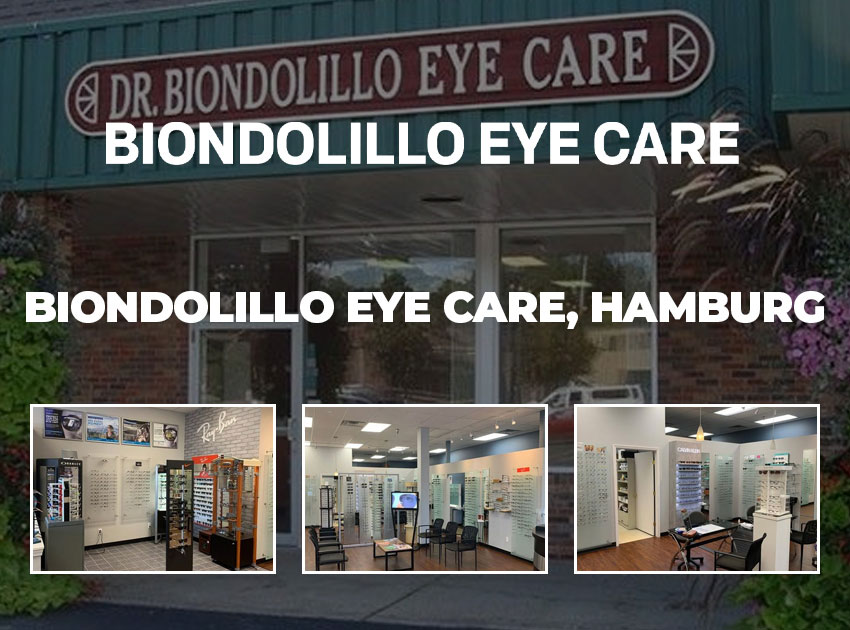Keratoconus Treatment in
Buffalo and Rochester, NY
Keratoconus is a degenerative disease that affects the shape of the cornea. Our member practices have the tools and expertise needed to identify keratoconus when it appears, manage your symptoms, and offer high-quality solutions that will offer relief and restore your vision.
Proper treatment begins with your annual comprehensive eye exam, where we can detect the signs of keratoconus and determine a path forward that works for you.
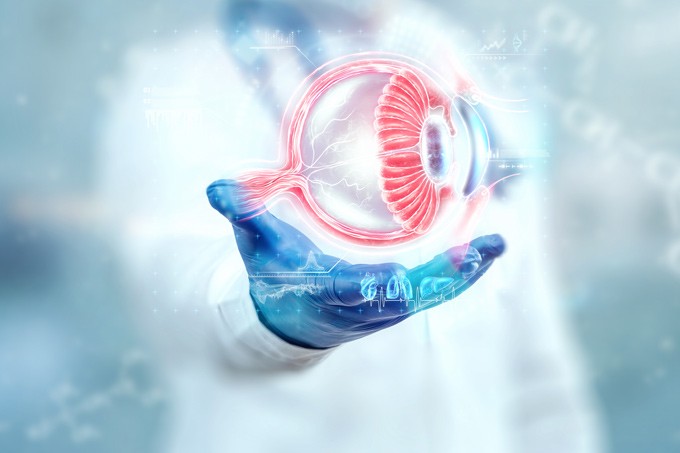
What is Keratoconus?
Your eyes are supposed to be round — the eye disorder keratoconus affects the shape of the eye, causing it to bulge in front and develop a cone-like shape. This changes how light enters and focuses on the eye, which ultimately leaves you with distorted vision. Keratoconus most frequently begins in puberty and continues to progress through a person’s mid-30s. It is important to treat keratoconus when it appears, because if left untreated, some cases may scar the cornea or result in permanent vision loss.
What are the Symptoms of Keratoconus?
Symptoms of keratoconus are subtle at first, which is why it is so important to get your annual eye exam. We can detect (and correct!) keratoconus before its progression causes serious problems. Most patients report that the first symptom they notice is blurry vision, or poor vision that corrective eyewear can’t seem to fix. Other symptoms include:
- Difficulty seeing at night
- Halos around lights
- Headaches, often associated with eye pain
- Eye irritation
- Increased light sensitivity
- Increasingly blurry or clouded vision

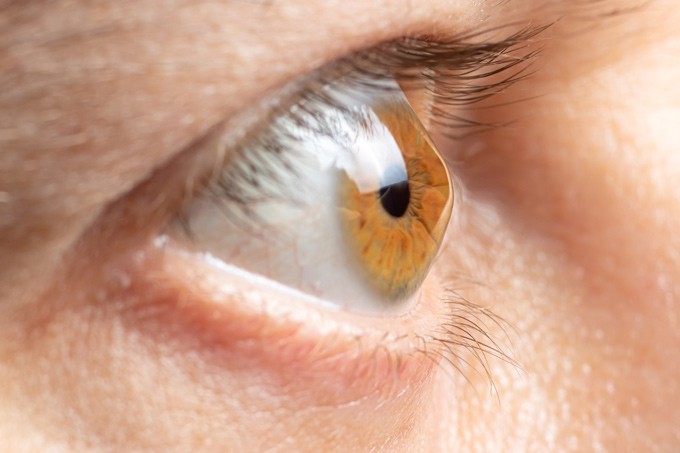
Keratoconus Risk Factors
The exact cause of the disease is still unknown, but researchers do know what can increase the risk of developing keratoconus:
- Genetics. Patients with keratoconus in their family history are far more likely to also develop the disease.
- Vigorous eye rubbing. Try to avoid rubbing your eyes too hard and too frequently! People with bad allergies or sinuses should take extra care.
- Other eye diseases. Certain conditions can cause keratoconus to develop, such as retinitis pigmentosa, Down syndrome, Ehlers-Danlos syndrome, hay fever, and asthma.
Trusted Optometrists in Your Neighborhood

Friendly & Helpful

More than 5 stars
Value Vision Patient

Great Selection of Frames

Best Eye Doctor
How to Test for Keratoconus
Our eye doctors have the tools, experience, and technology needed to find keratoconus in its earliest stages and set you up with a plan that’s specific to you and your lifestyle. In addition to your comprehensive eye exam and medical history, our team has additional tests at our disposal to diagnose and study the extent of your condition.
- Corneal topography. The most accurate test available, corneal topography scans the eye and develops a digital map of your corneal curve.
- Slit-lamp test. This examination can find abnormalities in the middle and outer layers of the cornea.
- Keratometry. The keratometry test can accurately measure your cornea’s shape and check for astigmatism.
Once we have a clear picture of your cornea’s shape and have mapped any possible abnormalities, we will create a plan for you and begin tracking the condition’s progression over time.
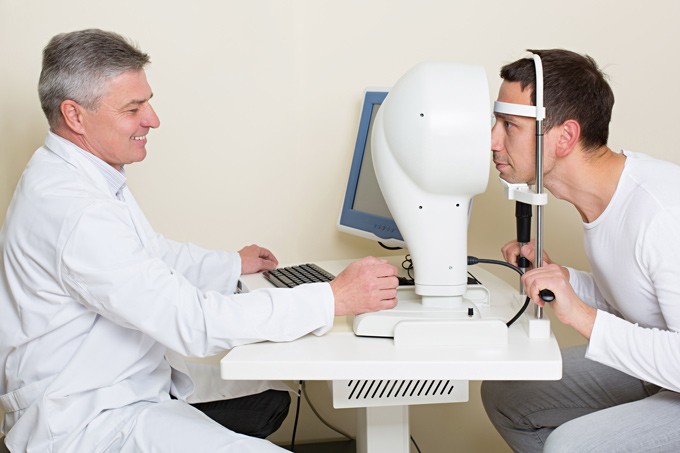
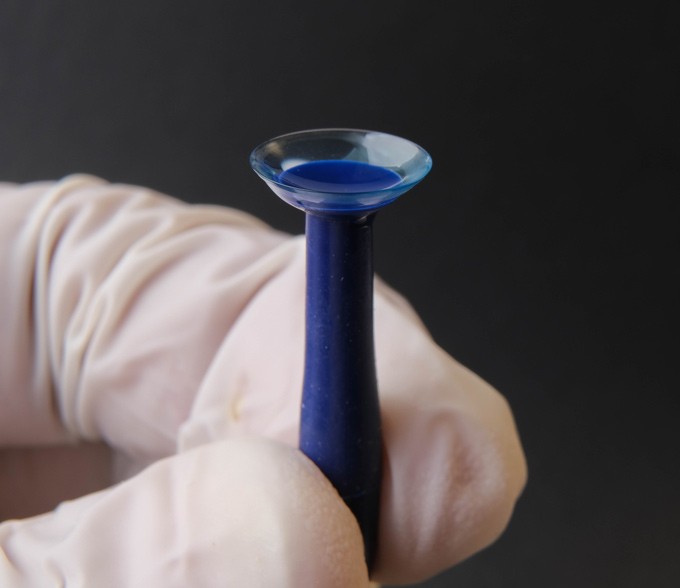
Treating & Managing Keratoconus
Keratoconus treatment depends on the severity of your condition. In its earliest stages, your eye doctor will most likely monitor its progression and provide vision correction options, like eyeglasses or soft contacts. In some cases, eyeglasses become less useful if the eye develops a strong irregular astigmatism. Patients may turn to certain specialty lenses to better manage the disease — rigid gas permeable lenses (RGP) and scleral lenses are effective choices.
As the disease progresses, our eye doctors have more advanced treatment options at their disposal. Corneal crosslinking uses ultraviolet light to strengthen the bonds between your cornea’s collagen fibers and proteins to reverse the thinning cornea. Patients may also receive implantable ring segments (called INTACS) to help flatten the cornea and reduce the surface’s cone shape. Highly advanced cases may require a cornea transplant, which uses corneal tissue from a donor.
Your Local Eye Doctor
in Buffalo, NY and Rochester, NY
If you believe you may have the eye disorder keratoconus, give us a call and our team will provide you with the relief and expertise you need. There is no need for your vision to suffer — schedule an appointment with us and we will develop personalized solutions designed entirely around your unique circumstances.


